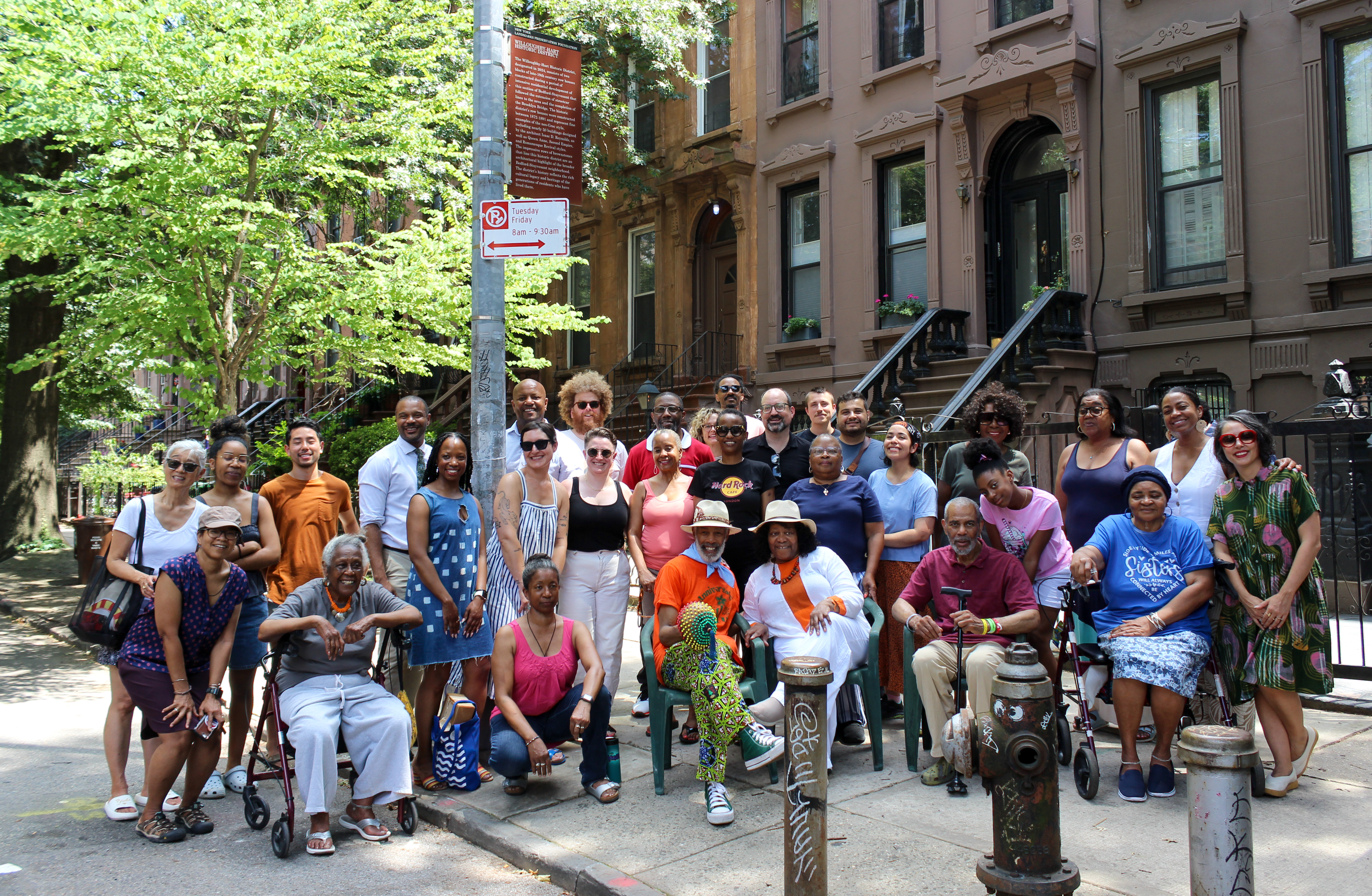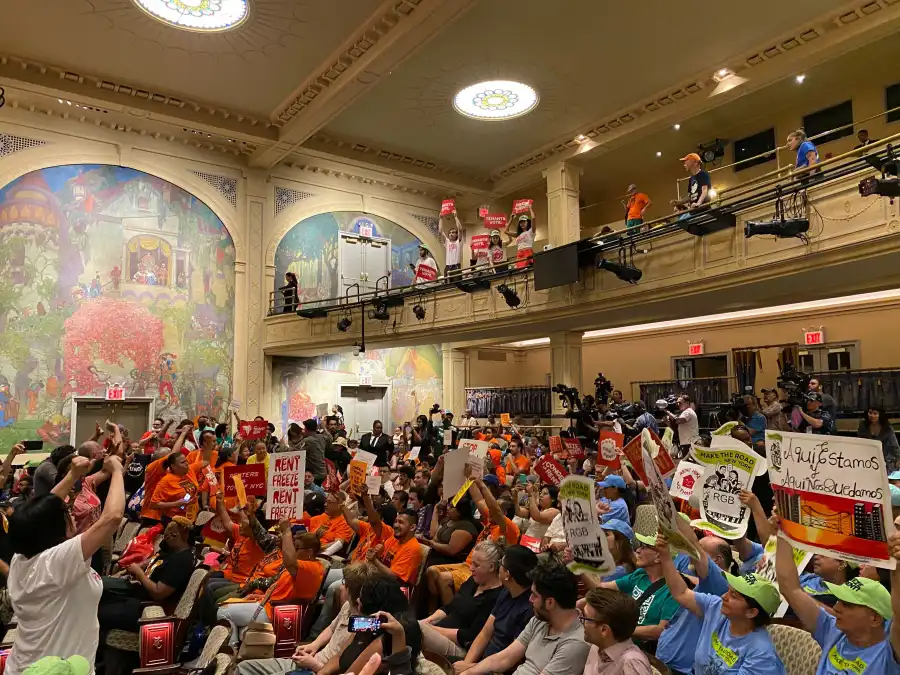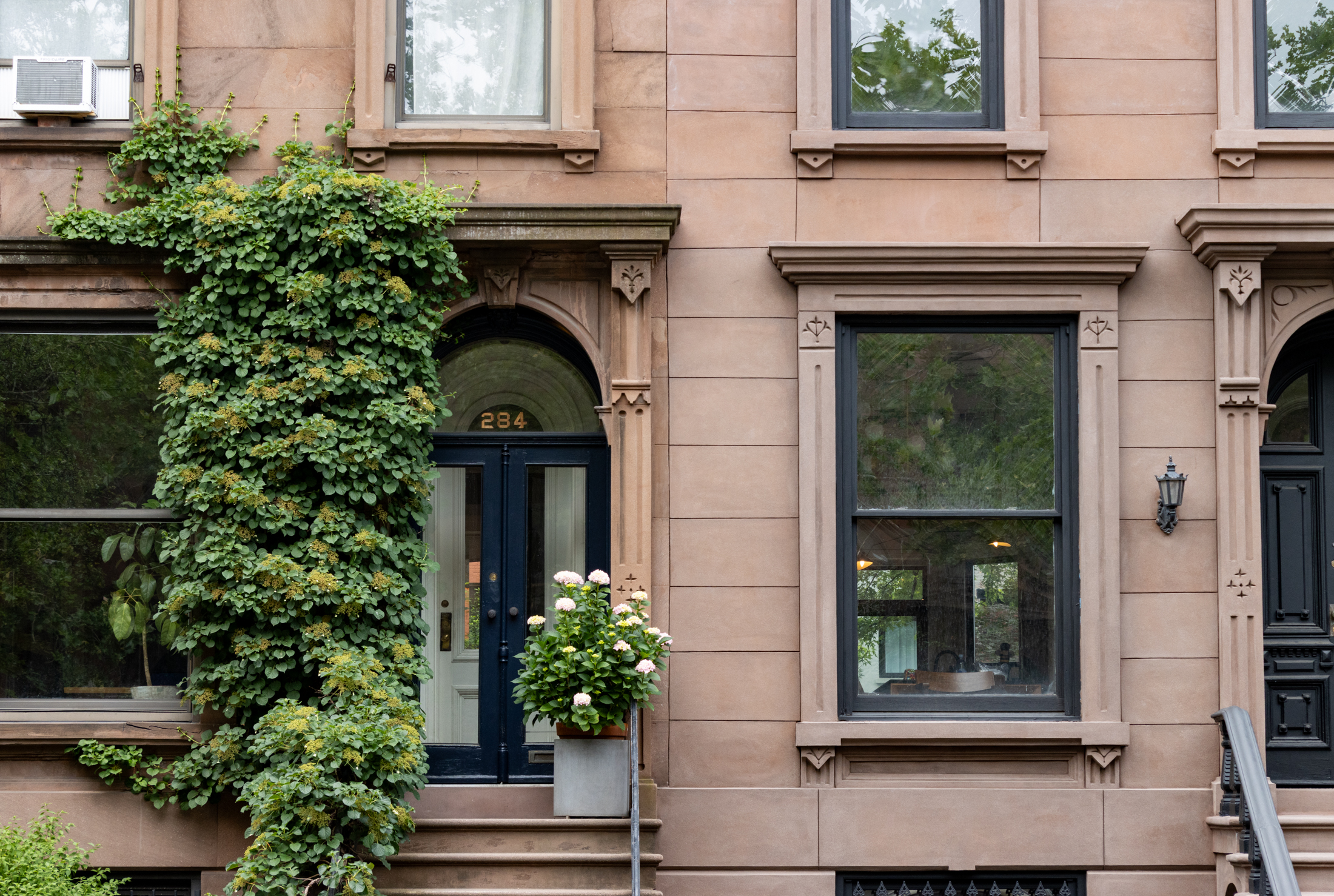CSAs, Food Co-ops Take Root All Over Brooklyn
Some people who live in Bed-Stuy and Clinton Hill have started relying on a Community Supported Agriculture Program that delivers food to a spot near the Navy Yard, says the Daily News, while a one-year-old food co-op in East New York is a big success and Bay Ridge residents are planning to start their own…


Some people who live in Bed-Stuy and Clinton Hill have started relying on a Community Supported Agriculture Program that delivers food to a spot near the Navy Yard, says the Daily News, while a one-year-old food co-op in East New York is a big success and Bay Ridge residents are planning to start their own co-op after a Key Food closed. CSAs and co-ops are becoming increasingly popular in a wide variety of Brooklyn neighborhoods as supermarkets shut down. “It’s part of a solution to address a lack of access to healthy food in the neighborhood,” says Jennifer Datka, who helped organize the CSA near the Navy Yard. “The only supermarket in the area has a very small produce section, and [it’s] of a rather low quality,” she said. An East New Yorker says wares from the neighborhood’s co-op are much better than what local supermarkets stock: “We have one supermarket where the prices are never what’s advertised in the window, and another one that has a smell to it and very few things that are healthy.”
Farmers Fill Void for Produce-Hungry Residents [NY Daily News]
Photo by Junepapercups.





Yes and in fact their next meeting (July 21 – details on the website) is going to be VERY important because they are going to vote on the location. They found a very cheap location on Putnam Avenue and they are staring the membership drive!
They seem to be organizing:
http://www.clintongreenefoodcoop.com/
Does anyone know about a Coop coming to the Clinton Hill area. I know there is a committee researching it but is it going to ever come together?
Amanda, the East New York Food Cooperative has a website here:
http://www.enyfoodcoop.com/
Address and phone numbers:
419 New Lots Ave
Brooklyn, NY 11207
Phone: 1-718-676-2721
Fax: 1-718-385-7505
Does anyone know the address of the East New York coop?
We definitely aren’t saving money today with our CSA membership, but we are eating more vegetables of greater variety. I think that we are investing in ourselves and in our community. We are by no means low-income by community standards, but make far less than most on Brownstoner. We’ve given up some things that we consider luxuries to support our CSA.
Many CSAs have shares set aside for low-income members (the Clinton Hill CSA does), so it can be affordable.
We split a share, and I consider it a very good deal given the freshness and quality of the food. You have to cook fairly regularly, and be willing to experiment with vegetables you might not otherwise purchase, like unusual kale and kohlrabi. But that’s part of the appeal.
i don’t think CSAs set out to be cheaper than supermarkets, tho it might work out that way over the season. since you don’t really get to determine what you receive it’s hard to compare. one of the main reasons CSAs are needed is because industrial farms produce incredibly cheap produce with reduced nutritional value and dubious growing techniques. the downside here is that people with little disposable income are unlikely to participate.
i don’t think our CSA price is too much lower, just the quality is better and fresher. it’s hard for me to compare right now though because i don’t really know the prices at the supermarket. also with our vegetable share we get a fruit share which right now i’m thinking might be a bad deal.